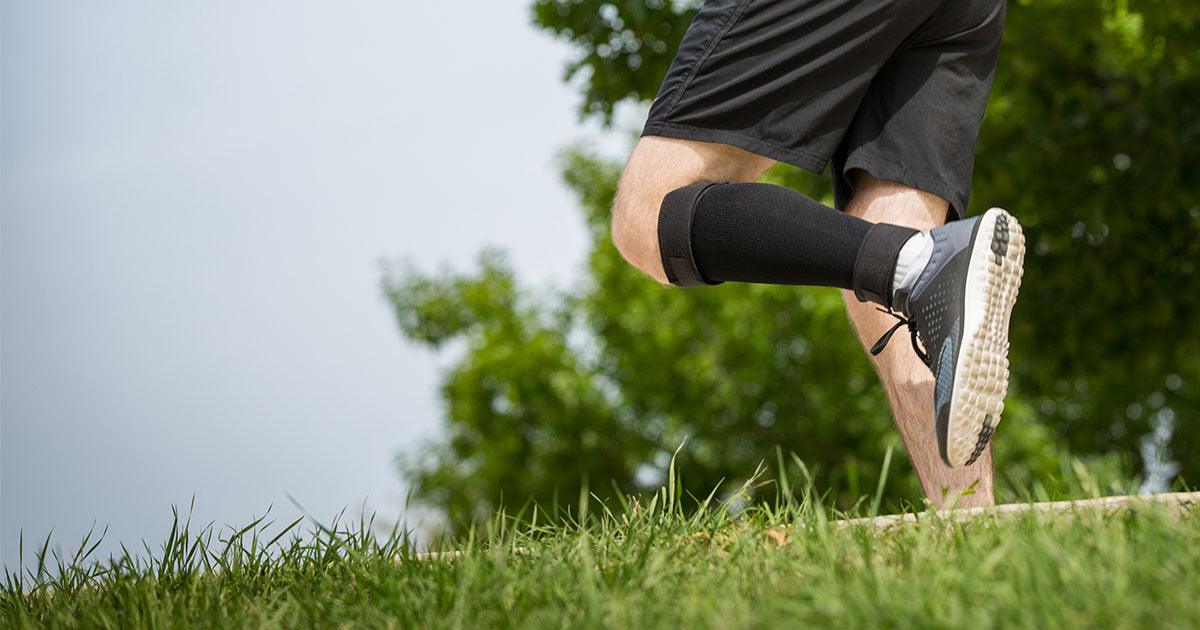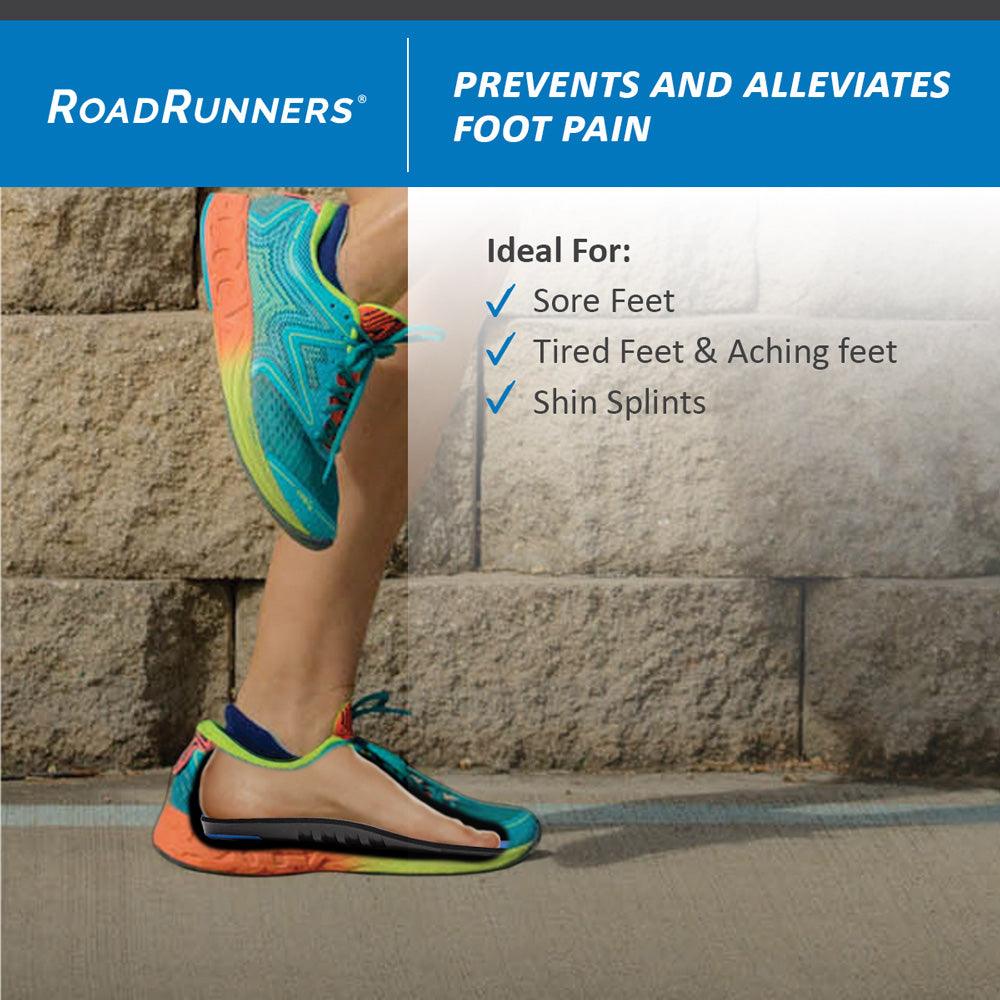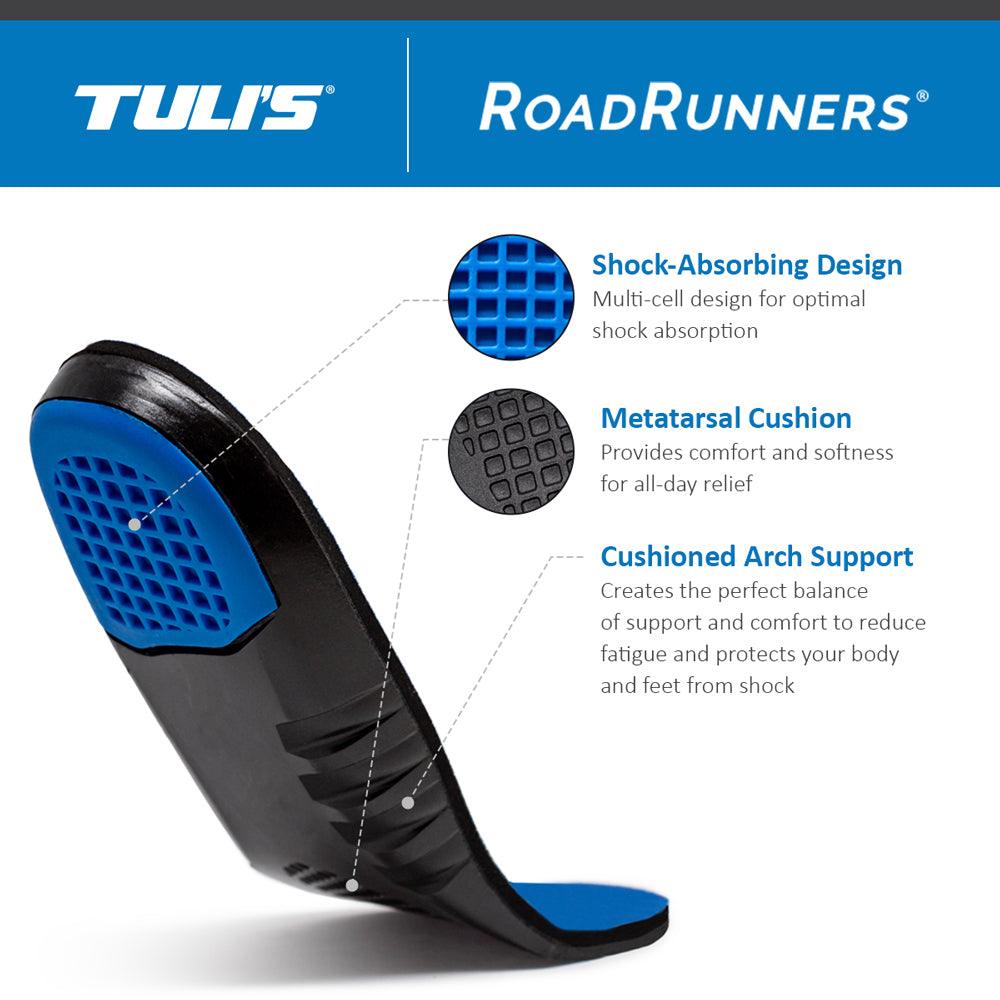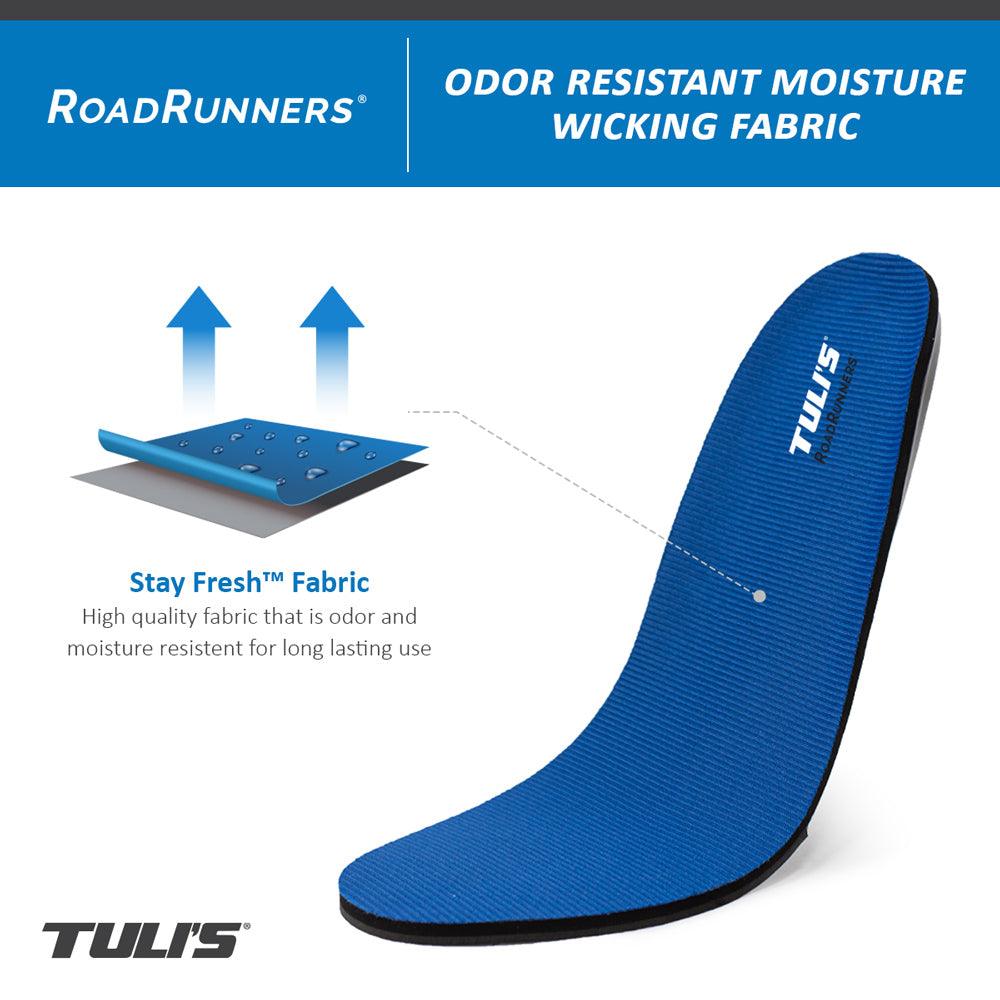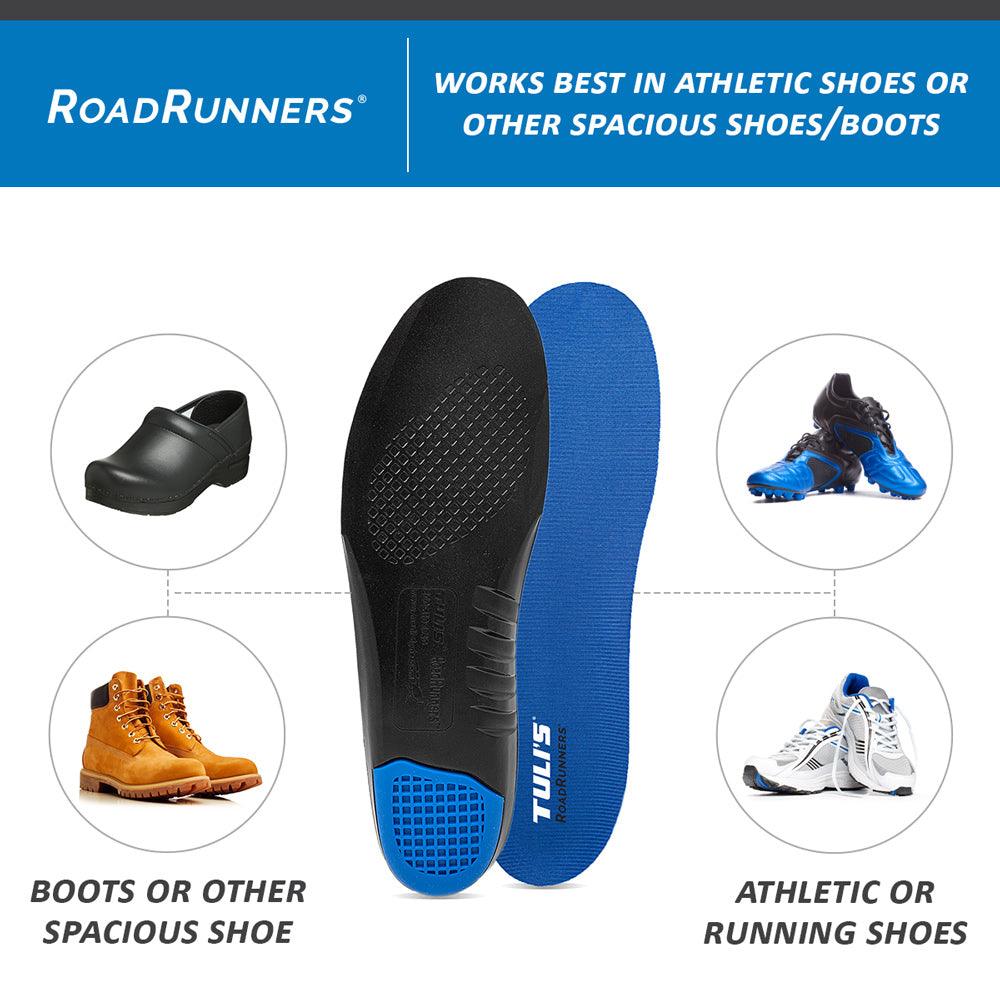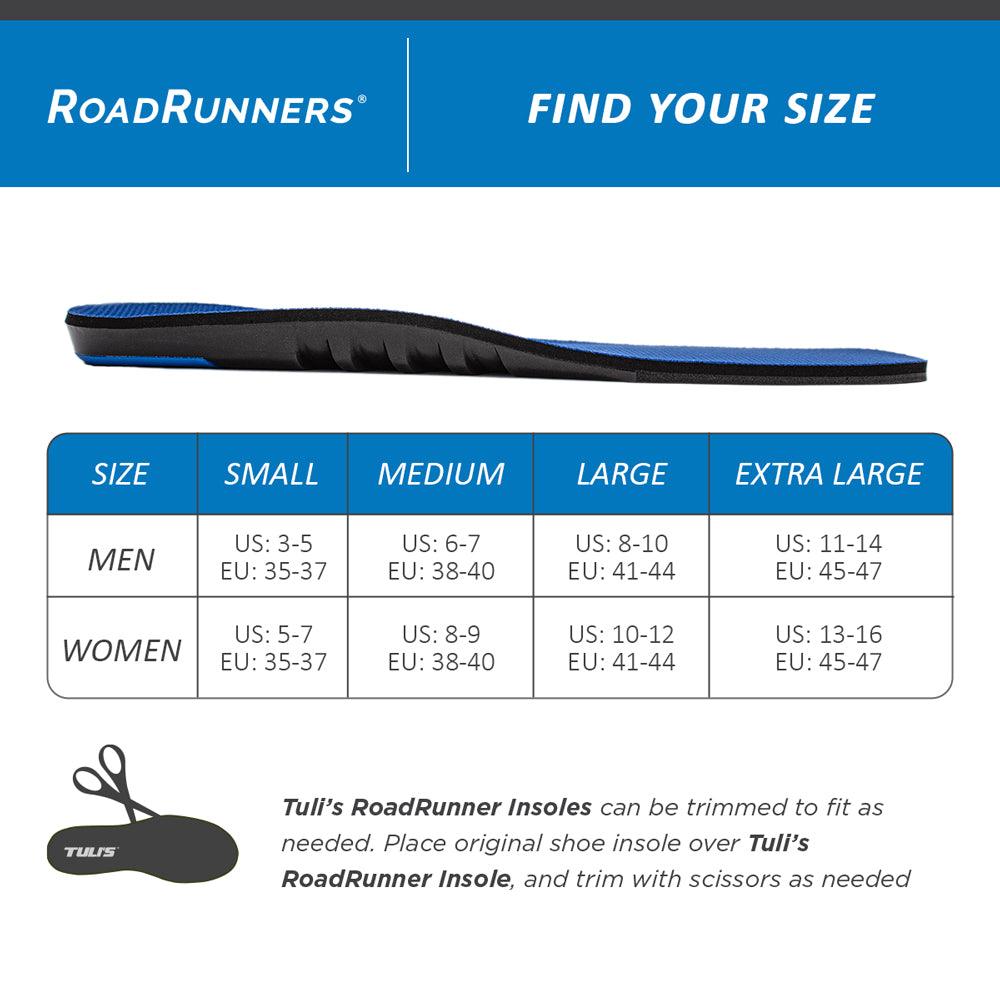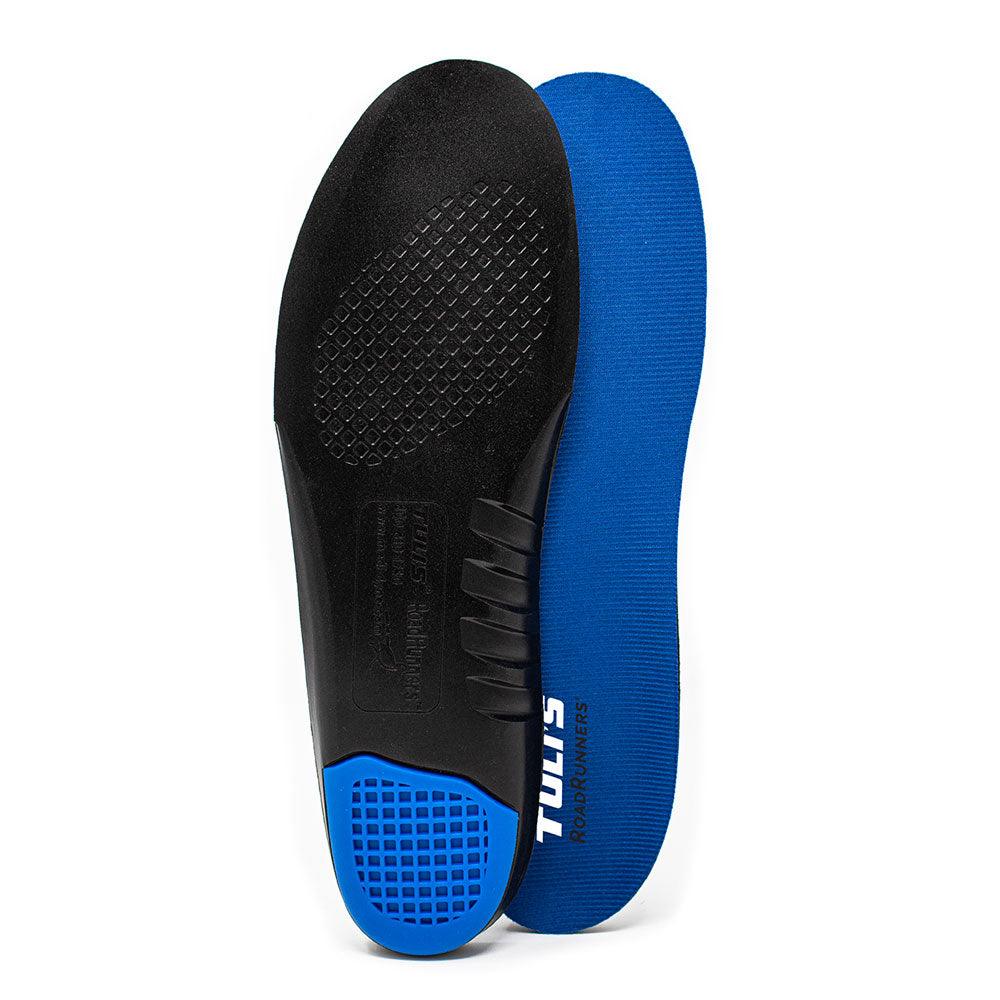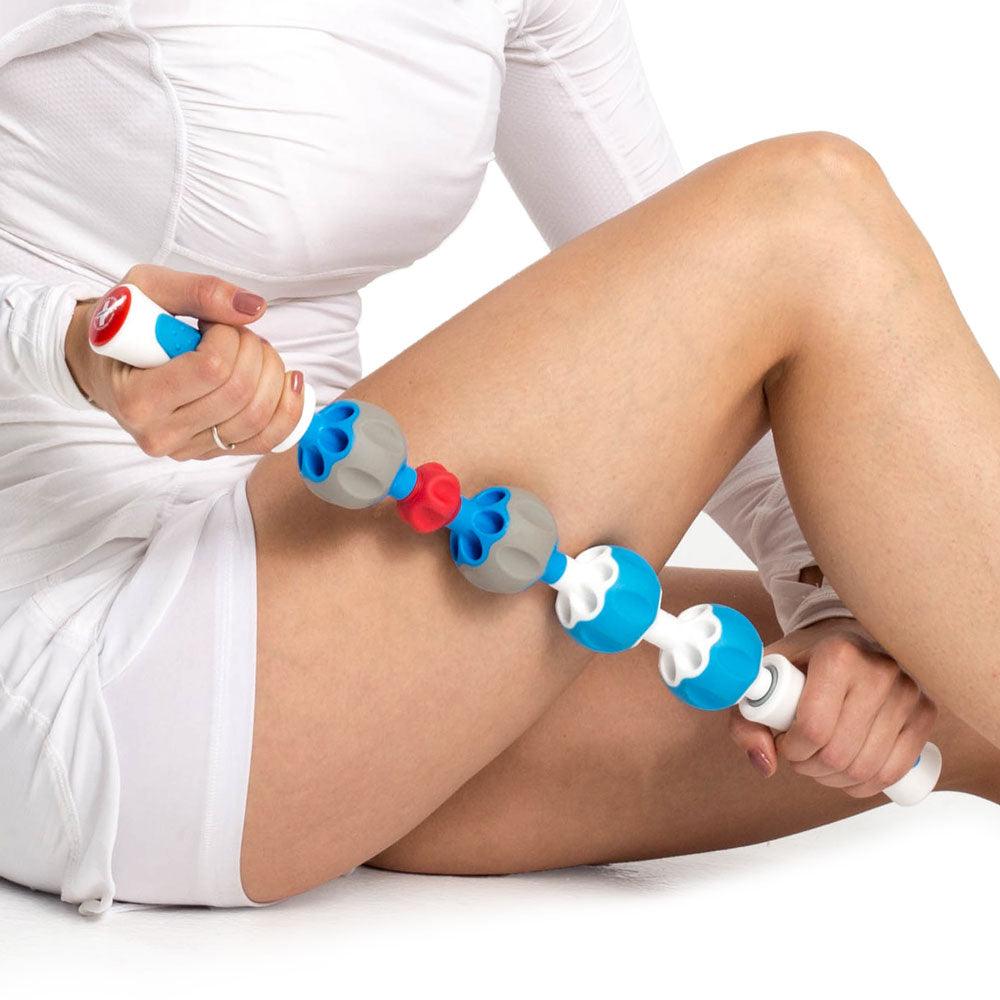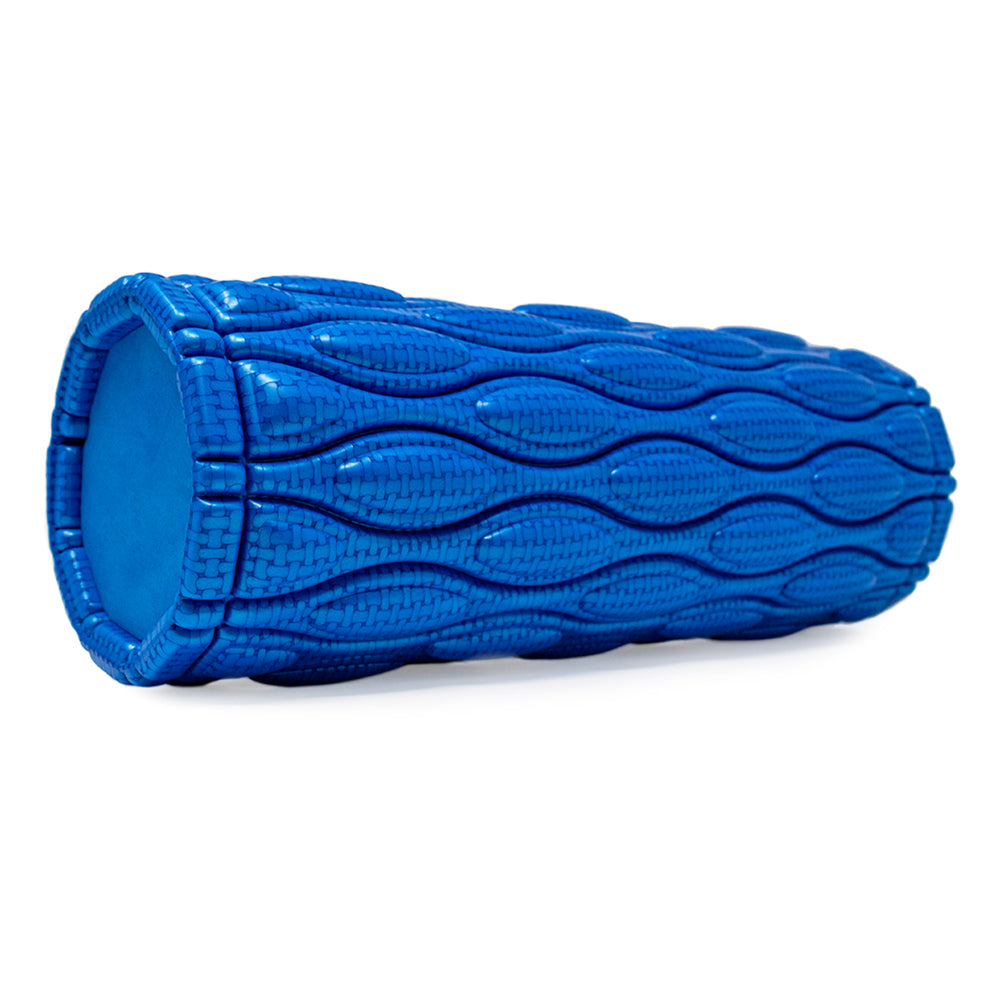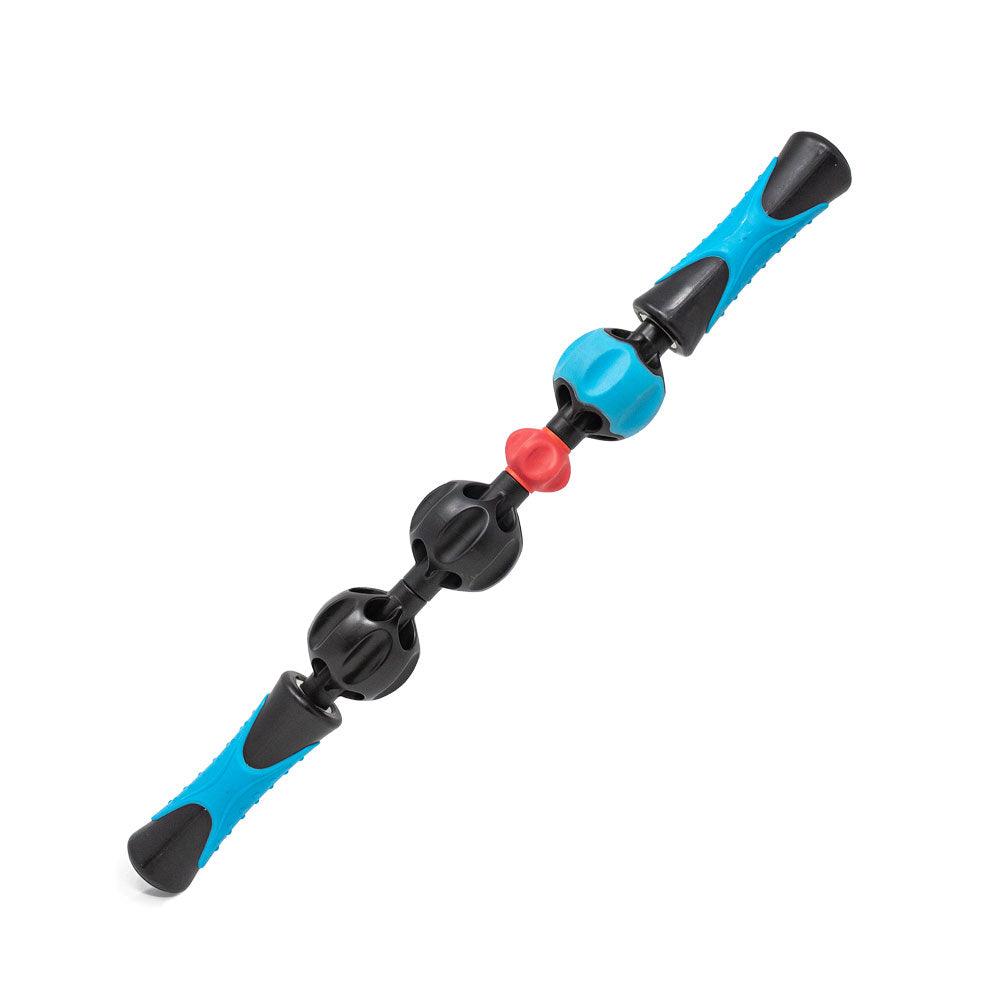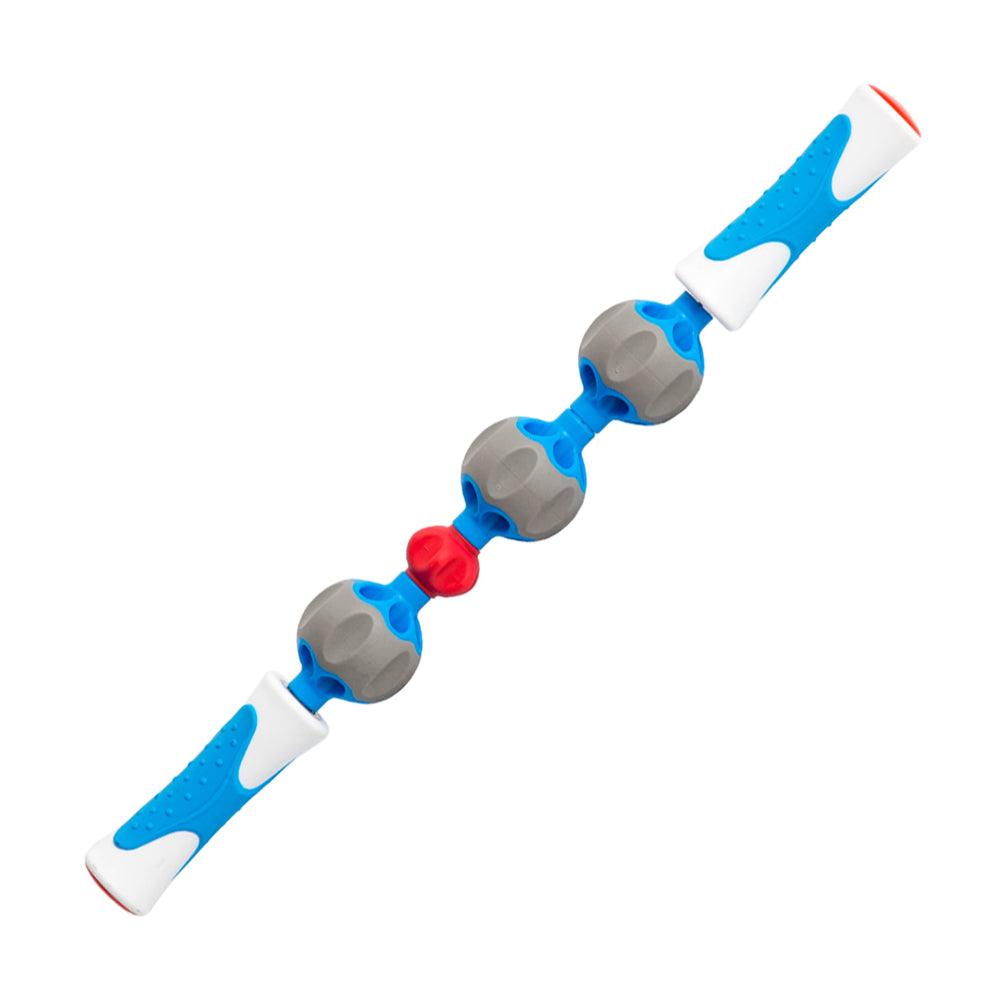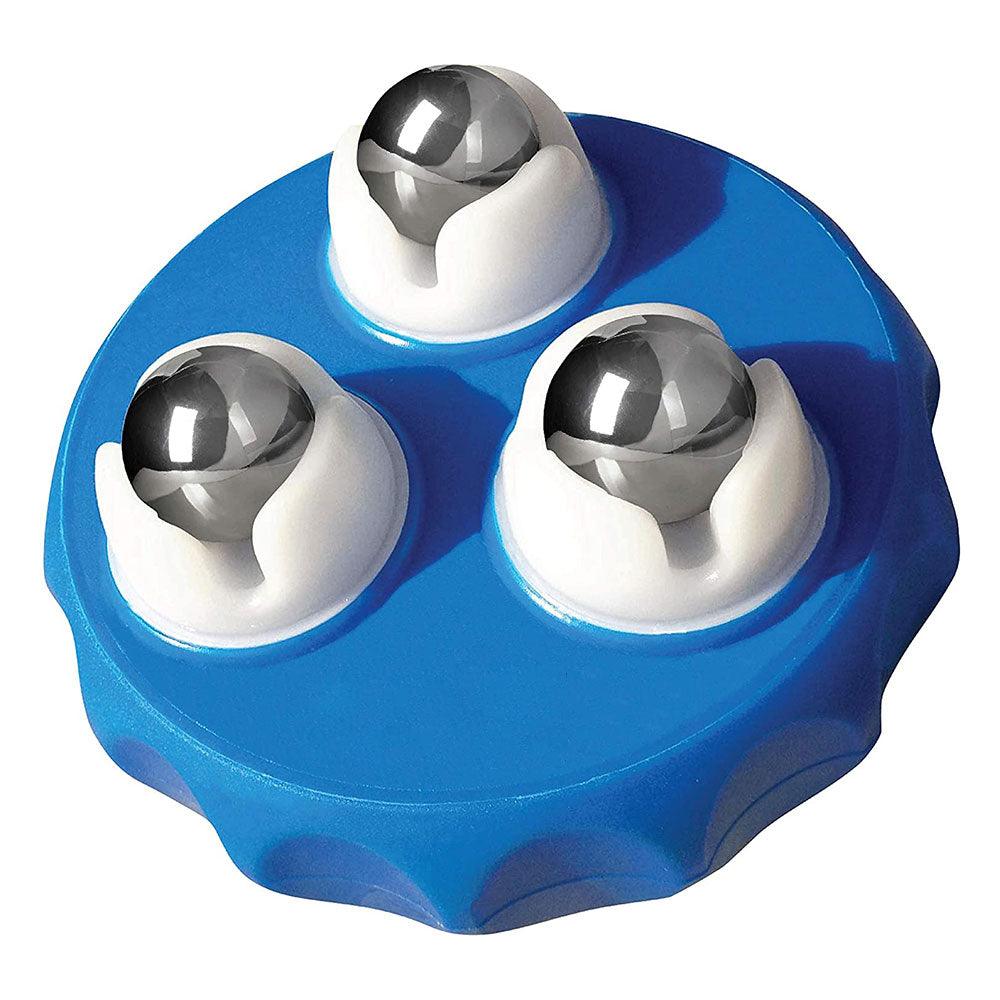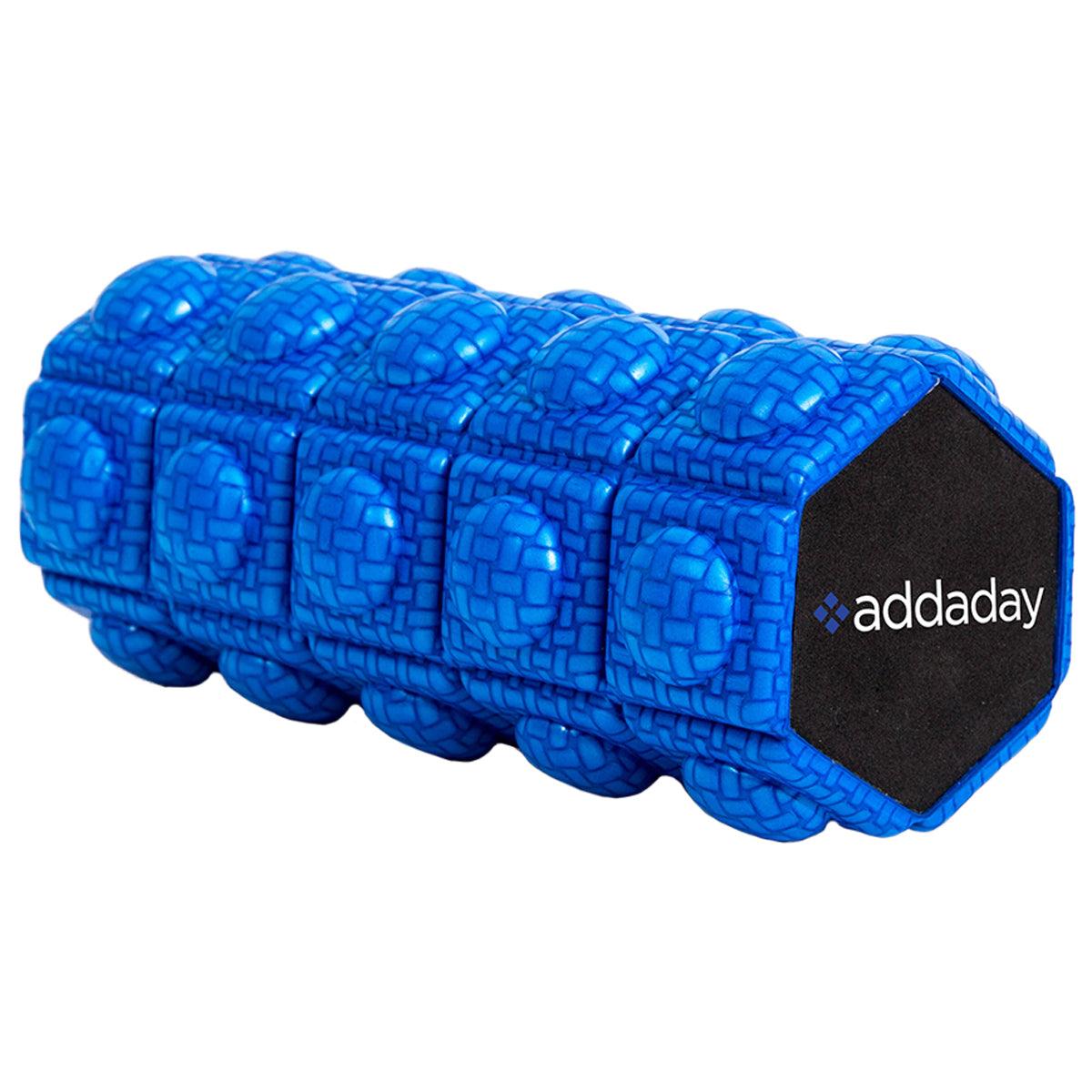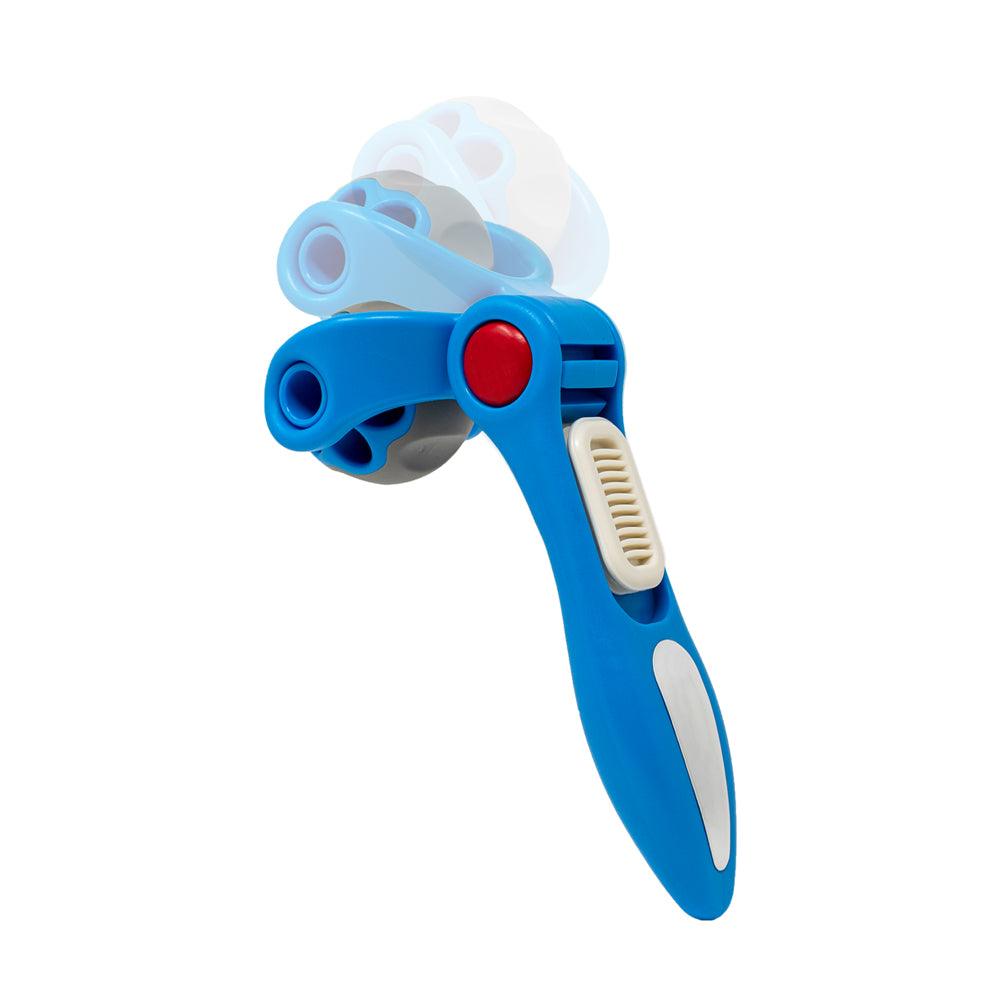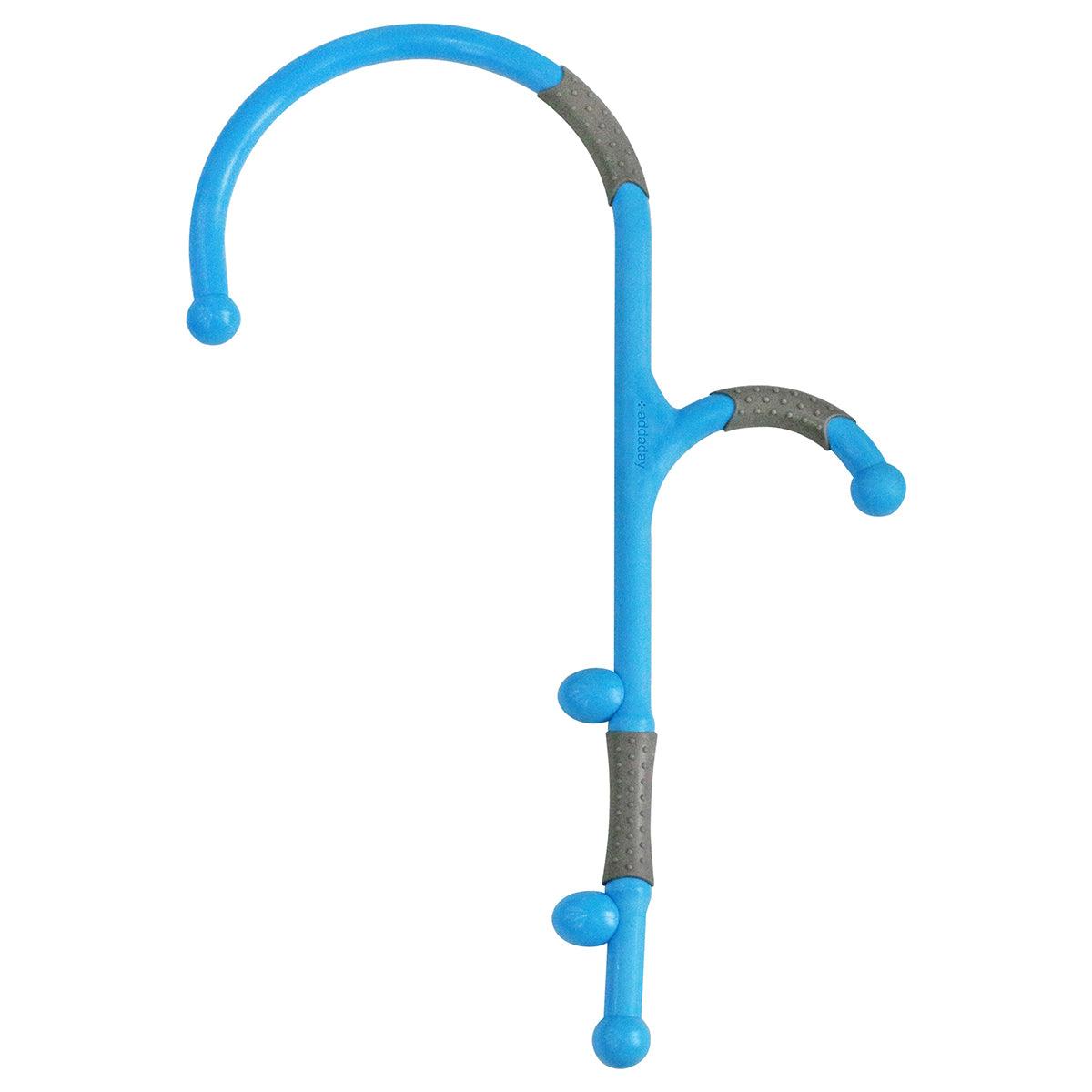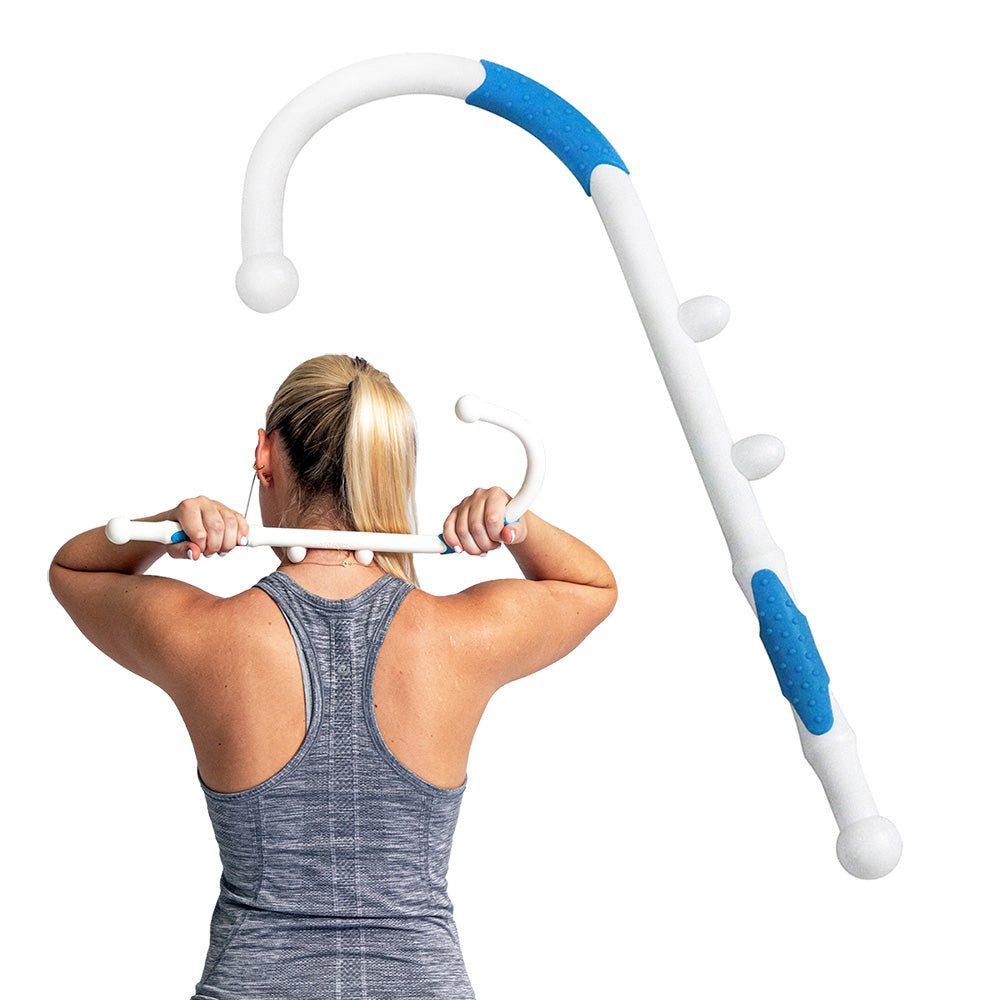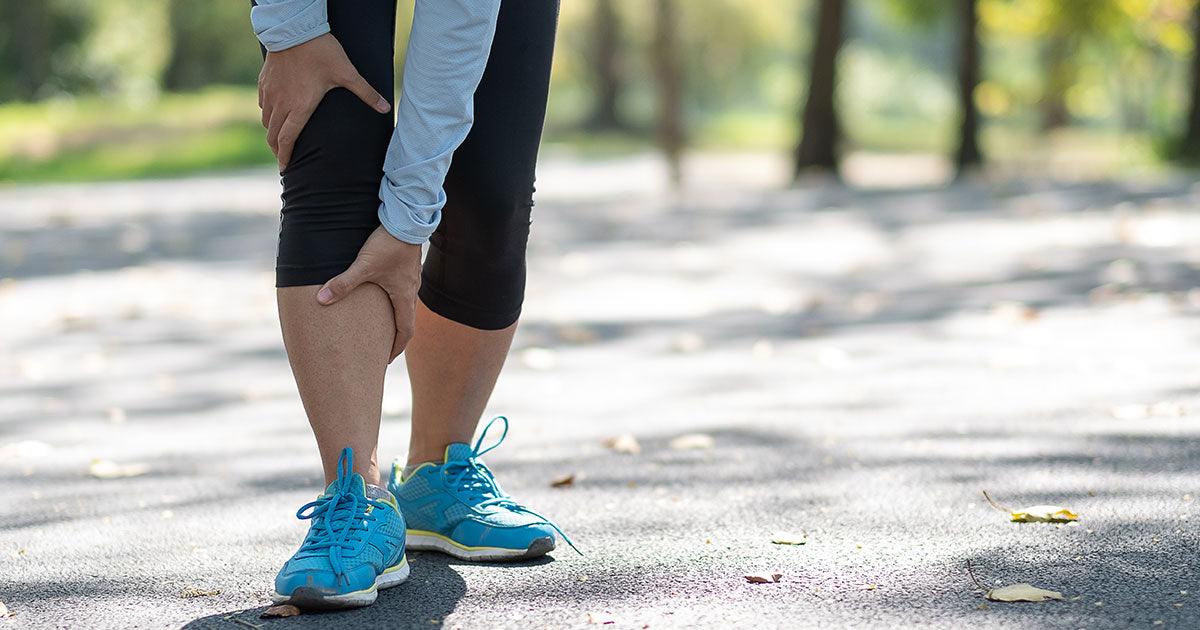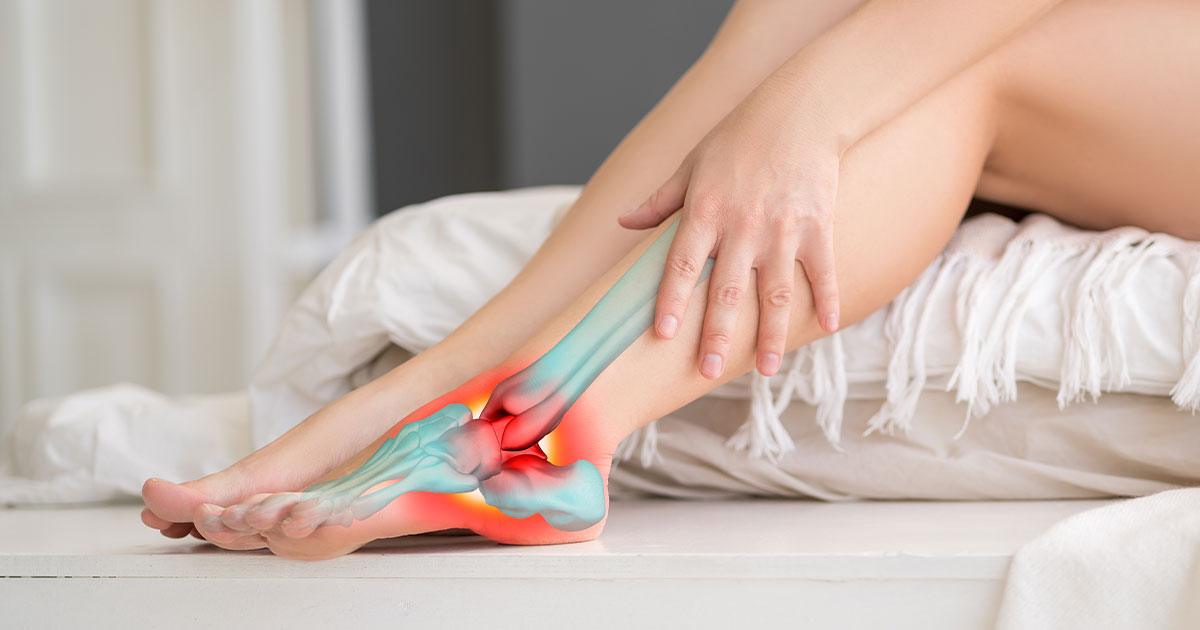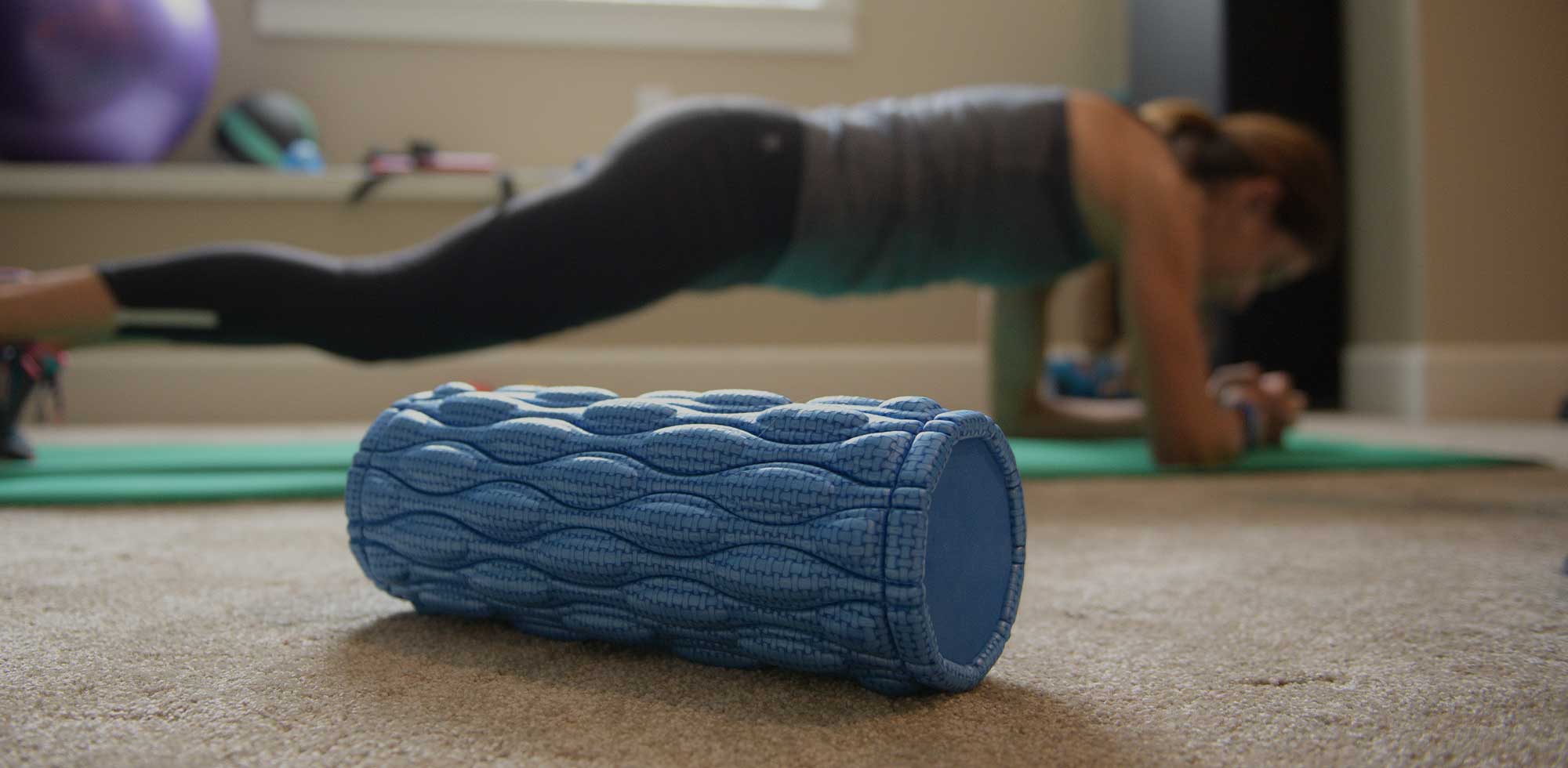How to Prevent Shin Splints with a Compression Sleeve
If you run or spend time playing a sport or activity that requires you to be on your feet, you are probably familiar with shin splints. This type of discomfort is associated with running, jumping, and stretching your legs. Shin splints result from inflamed muscles, tendons, or bone tissues. Luckily, there are a few ways to prevent and to eliminate this kind of pain, including wearing a shin splint sleeve.
Things that May Cause Shin Splints
Shin splints cause pain to the inside front of your lower legs. Usually, athletes experience these types of afflictions. It is essential to treat them correctly so that they do not turn into stress fractures. These are the most common situations that lead to shin splints.- Beginning a new exercise routine
- Forgetting to warm up before a workout
- Poor physical form
- Increasing exercise rates too fast
- Landing hard from a jumping position
- Wearing incorrect footwear
- Dehydration
- Over-exercise
- Poor diet
How to Prevent Shin Splints
There are a number of ways you can prevent the pain and effects of shin splints.- Warm-up. The most effective way to prevent shin splints is to perform stretches before a workout. Even professional athletes are encouraged to warm up before strenuous activity. It is essential to get the blood flowing to your muscles before you exercise. Stretching loosens your body, which heightens flexibility and endurance. It also decreases inflammation.
- Exercise Correctly. Using improper form increases the risk of injury. The same is true for doing too much too soon. If you are just starting a new sport or workout routine, you should go slow and consult with a trainer.
- Proper Diet. Although many people think that shin splints are completely related to physical activity, your diet has an influence as well. When your body does not get proper vitamins and minerals like calcium, potassium, and vitamin D, your bones and joints may become weekend. Consuming high levels of sodium raises inflammation as well. When you eat a balanced diet, your muscles will enjoy maximum performance. It is also vital to remain hydrated.
Treatments for Shin Splints
In many cases, shin splints go away without medical assistance. However, it is important to rest so that healing can occur. If pain is severe, there are other ways to treat this problem.- Apply Ice. Applying ice for 20 minutes at a time will help to lower inflammation.
- Wear Insoles. Proper footwear goes a long way with treating shin splints. You should consider placing padded insoles into your shoes, especially during exercise.
- Compression. Another way to lower inflation is to use compression sleeves for shin splits.
How Compression Sleeves Help Shin Splints
- Heightens Blood Flow. The key benefit of a shin splint sleeve is increased blood flow to your lower legs. It encourages healing and supplies essential nutrients to your muscles.
- Decreases Pain. Compression sleeves for shin splints compress your legs and lower inflammation. When blood flow is good, lactic acid is removed. This decreases muscle soreness.
- Lowers Swelling. Compression sleeves help shin splints by preventing swelling. Also, they keep your muscles hydrated.
- Decreases Risk of Injury. A shin splint sleeve speeds recovery time. This means that you are less likely to suffer a serious injury.
Compression Socks or Compression Sleeves for Shin Splints?
If you are experiencing an injury with your arch, ankle, or Achilles tendon, it is best to wear a sock that covers the area. If you are experiencing pain at a higher location, a sleeve works well. If you have a favorite pair of running socks, a sleeve is advised and can be layered on top. If you plan on using a compression garment for recovery progress, a sock is best. This prevents swelling in your ankles and feet.
Compression Sleeves Help Shin Splints
As previously discussed, shin splints can bring an abundance of pain. Therefore, it is essential to identify some of the most effective solutions that will make you much more comfortable. Medi-Dyne comprehends the importance of taking care of this problem before a serious injury results.
When you suddenly develop pain in your lower legs after vigorous exercise, you may have shin splints. Although this does not signal significant damage to your muscles, you must rest and take preventative measures so that your body heals. At Medi-Dyne, we have a variety of items that help to control your discomfort. Our compression sleeves for shin splints immediately help pain and prevent future problems.
RELATED PRODUCTS
OTHER RELATED TOPICS:
UNDERSTANDING AND PREVENTING SHIN SPLINTS
HOW TO PREVENT SHIN SPLINTS FOR RUNNERS
TOP RUNNING INJURY NO. 3: SHIN SPLINTS
HOW PROPER SUPPORT CAN RELIEVE SHIN SPLINTS AND WEAK ANKLES
EVERYTHING YOU NEED TO KNOW ABOUT CALF STRAINS
PLEASE NOTE: The information on this website and article is for information only and should not be used as a substitute for consulting your doctor. Consult your doctor for proper diagnosis and rehabilitation




